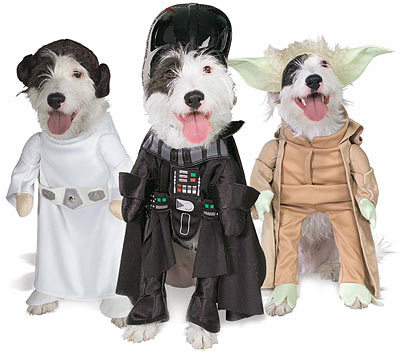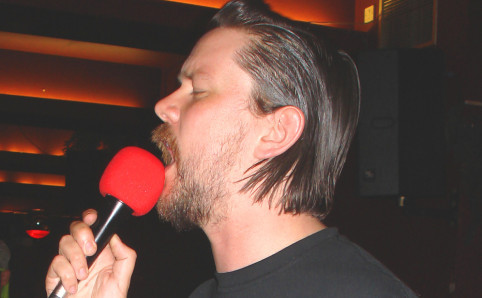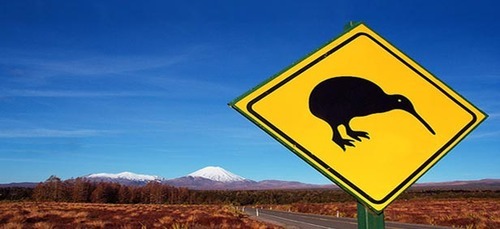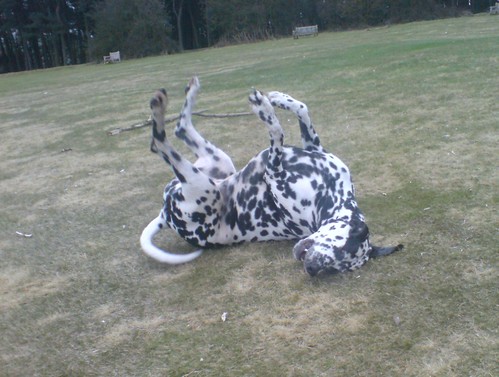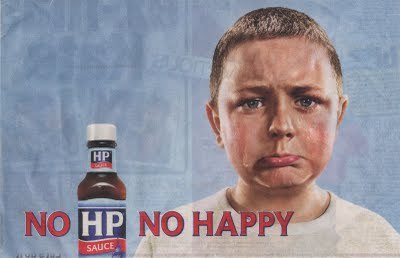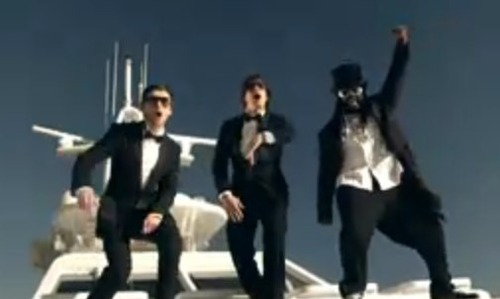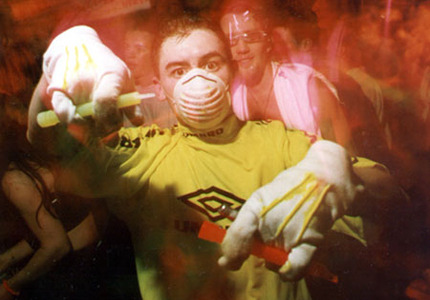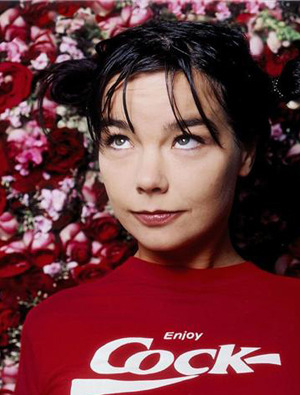
Americans hated New Coke. Scared by loss of market share to Pepsi, The Coca-Cola Company decided in 1985 to reformulate and relaunch their particular brand of sugary mess. As it turned out people don’t like change, and this played even more into Pepsi’s hands.
One chap in New Mexico reportedly stockpiled a thousand dollars worth of ‘old coke’, drinkers were revolting. And their teeth were dissolving. Southern USA-ians considered the drink a fundamental part of regional identity and viewed the company’s decision to change the formula through the prism of the Civil War, as another surrender to the Yankees—which is about the standard of reasoned debate you see in American politics today.
It’s the biggest PR disaster in business history—and Coke soon returned to ‘classic’—just be glad we didn’t have hordes of social media bloggers blogging on the lessons we could all learn from it.
You shouldn’t mess with fizzy pop. And fizzy pop, as any fool knows was created by the Birmingham Lunar Society member Joseph Priestley as he worked on isolating Oxygen from the rest of air—presumably as that was thirsty work.Priestley published a paper called Directions for Impregnating Water with Fixed Air in 1772 , which explained how to make soda water. I haven’t read it but assume it’s “put normal water in a Soda Stream”.

